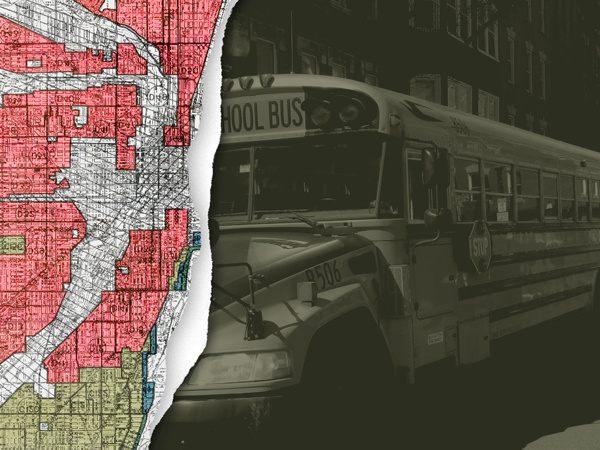
As the call to address racism reverberates around the world, the College of Arts and Sciences has launched a year-long webinar series on “Racism in America.” The series will feature Cornell faculty examining the latest research on the impacts of racism on myriad aspects of American government, society, economy and health.
Moderated by Adam Harris, staff writer for The Atlantic, in this session four faculty experts will address the history of educational inequities in the U.S., residential and urban segregation past and present, why efforts aimed at ameliorating the impact of racism in education and housing so often fail, and ideas for how to effect real change. Register here: https://www.ecornell.com/keynotes/overview/K111920a/
The webinar will explore:
The historic roots of racism in our education systemWhy efforts to reform education so often failHow practices and policies like redlining have defined residential and urban landscapesThe impact of racism on education and housing in the Latinx communityPanelists:
Adam Harris, moderator, is a staff writer at The Atlantic where he has covered education and national politics since 2018. He was previously a reporter at the Chronicle of Higher Education, where he covered federal education policy and historically black colleges and universities. He is working on a book, The State Must Provide, a narrative history of racial inequality in higher education and how the government is responsible for shaping it. He is a 2021 New America National Fellow.Noliwe Rooks is the W.E.B. Du Bois Professor in the Africana Studies & Research Center and the director of the American Studies Program in the College of Arts & Sciences. An interdisciplinary scholar, Rooks explores how race and gender both impact and are impacted by popular culture, social history and political life in the United States.. Her work explores race, capitalism, and education, as well as Black women and material culture. She is the author of four books and numerous articles, essays, and op-eds. Her most recent book, in which she coined the term “segrenomics,” is Cutting School: Privatization, Segregation, and the End of Public Education, which won an award for non-fiction from the Hurston/Wright Foundation. Kendra Bischoff is associate professor of sociology in the College of Arts & Sciences. Her primary research interests relate to the intersection of neighborhoods and schools. She studies the patterns, causes, and consequences of racial and socioeconomic residential segregation. Her work has investigated the role of fragmented school districts in facilitating racially segregated educational environments, the relationship between income inequality and income segregation, and how school enrollment decisions are shaped by neighborhood contexts.Daniel Lichter is Ferris Family Professor of Policy Analysis and Management in the College of Human Ecology and faculty affiliate of the Cornell Population Center. He is a demographer who has published widely on topics in population and public policy, including studies of concentrated poverty and inequality, intermarriage, cohabitation and marriage among disadvantaged women, and immigrant incorporation. His recent work, for example, has focused on changing ethnoracial boundaries, as measured by changing patterns of interracial marriage and residential segregation in the United States. Lichter is especially interested in America’s racial and ethnic transformation, growing diversity, and the implications for the future. His other work centers on new destinations of recent immigrants, especially Hispanics moving to less densely-settled rural areas. Sergio Garcia Rios is assistant professor of government and Latina/o studies in the College of Arts & Sciences. His research centers around the idea that immigrants develop portfolios of identities which are fluid, situational, and are used instrumentally. He also examines voter turnout, political participation, and public opinion, especially among Latino immigrants; he is director of polling for Univision. He teaches classes on immigration, race and ethnicity, Latino politics, and social science methodology.
The spring semester will feature three webinars: “Protest Movements and Civil Disobedience”; “Health Care Inequities”; and “Race and the Economy.”
More information on this webinar series can be found at: as.cornell.edu/racism-in-america
